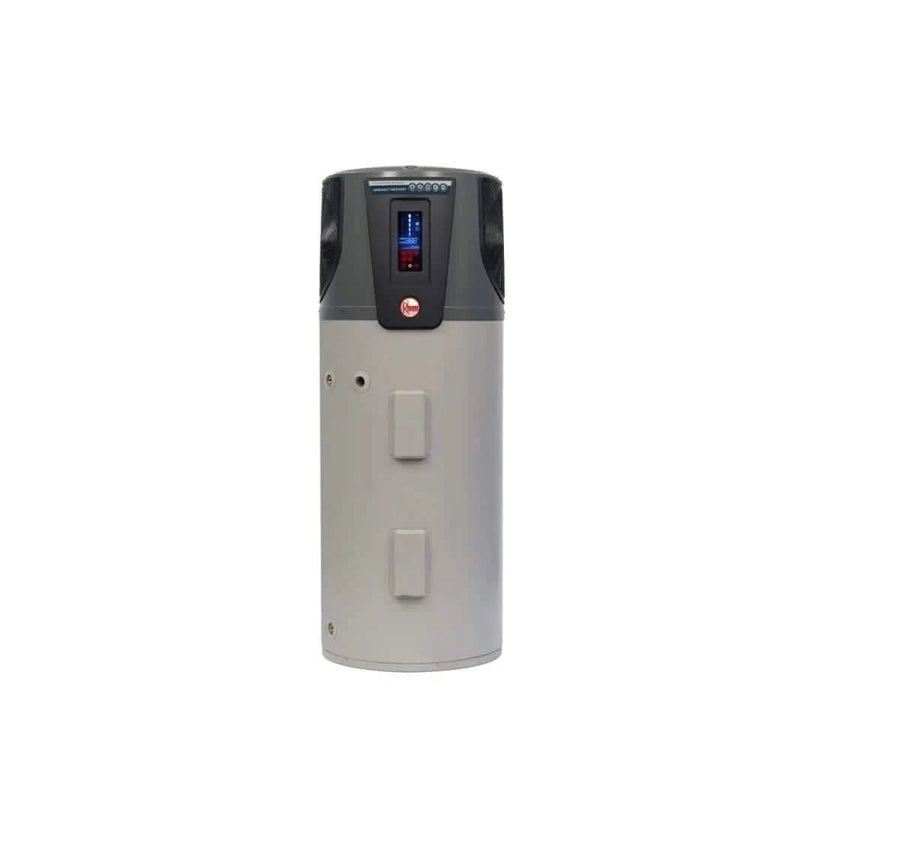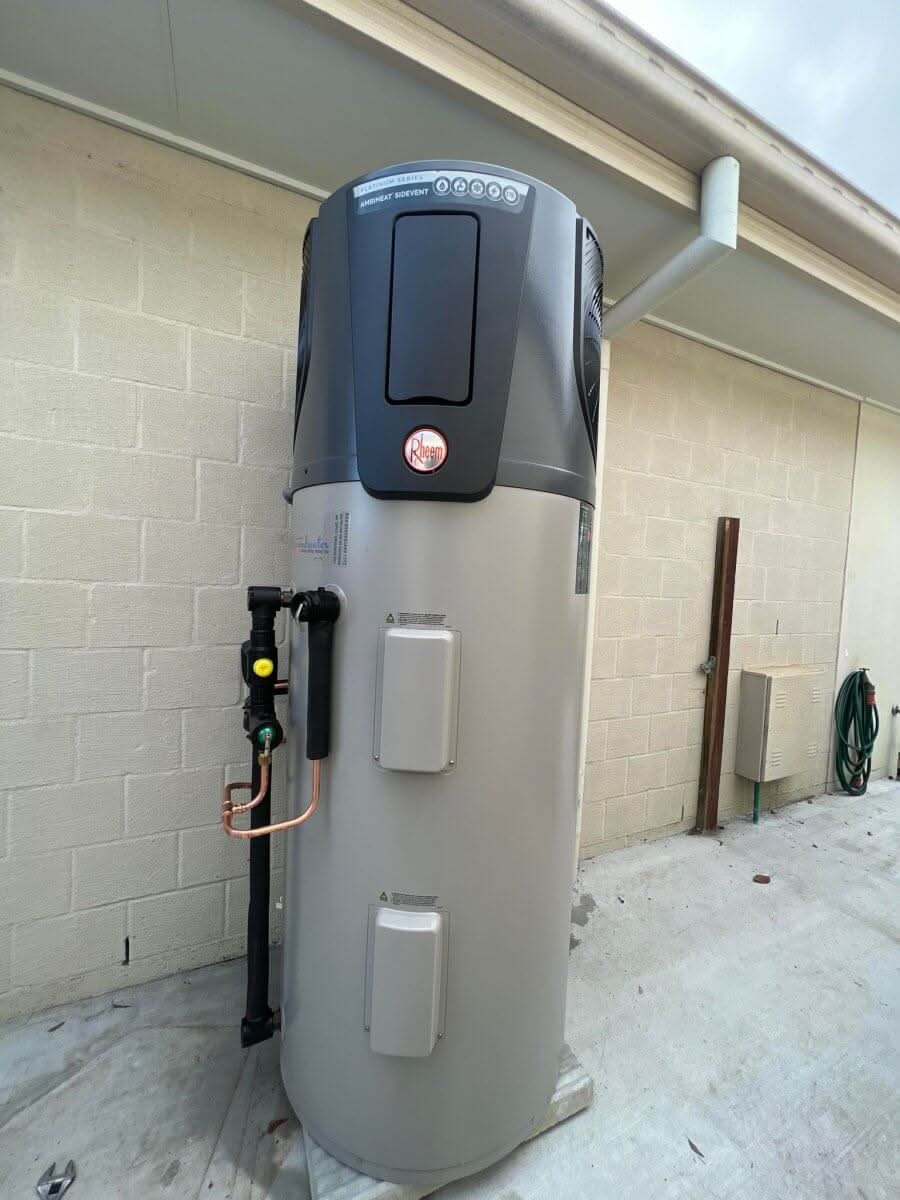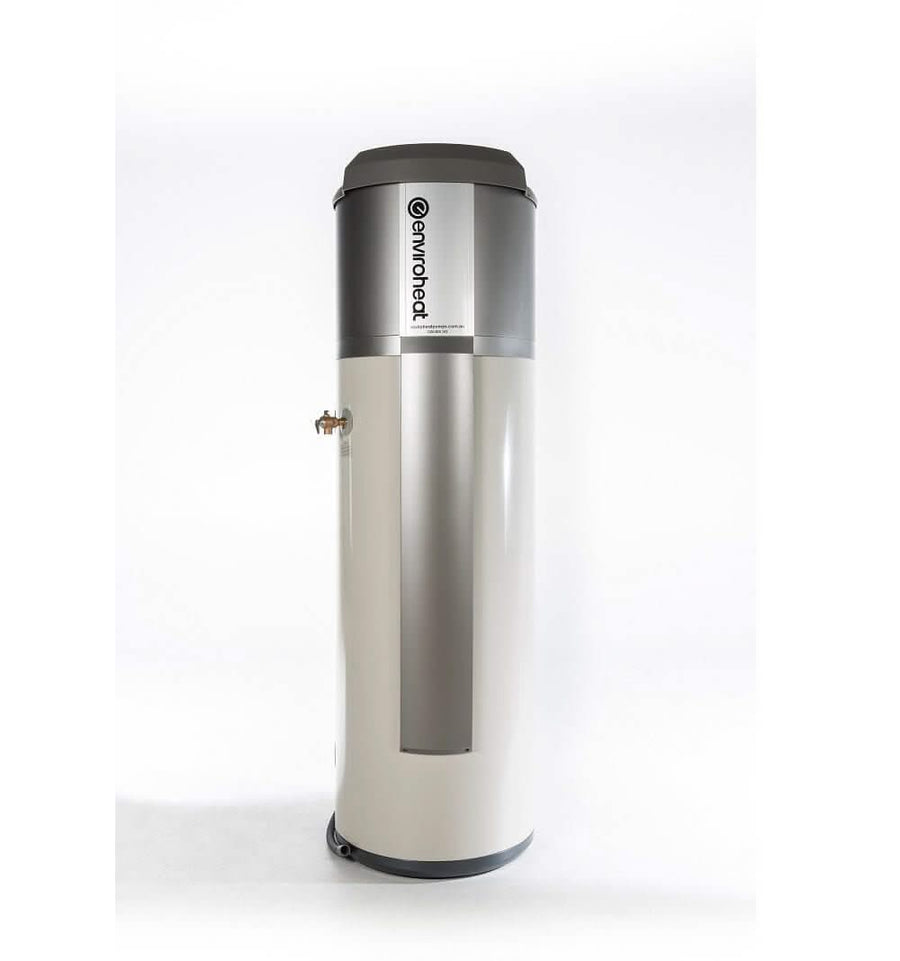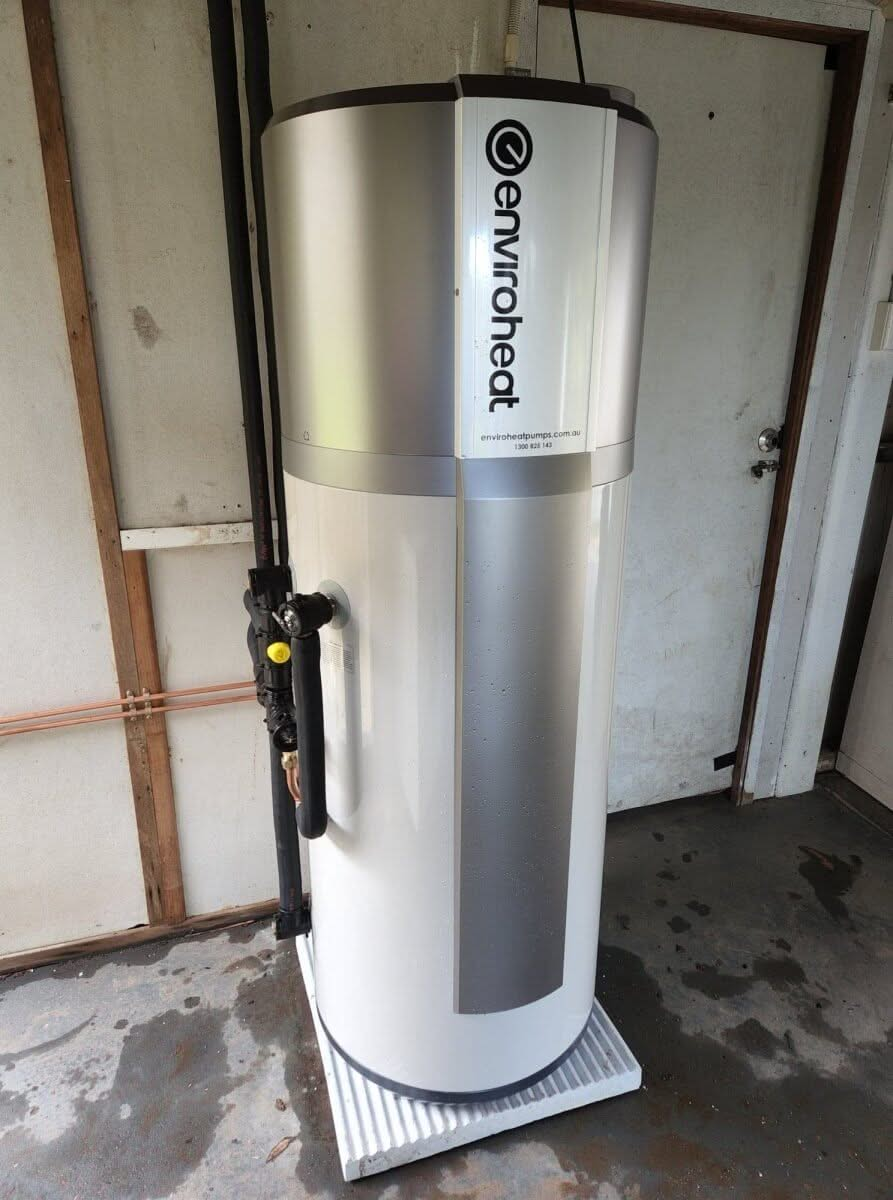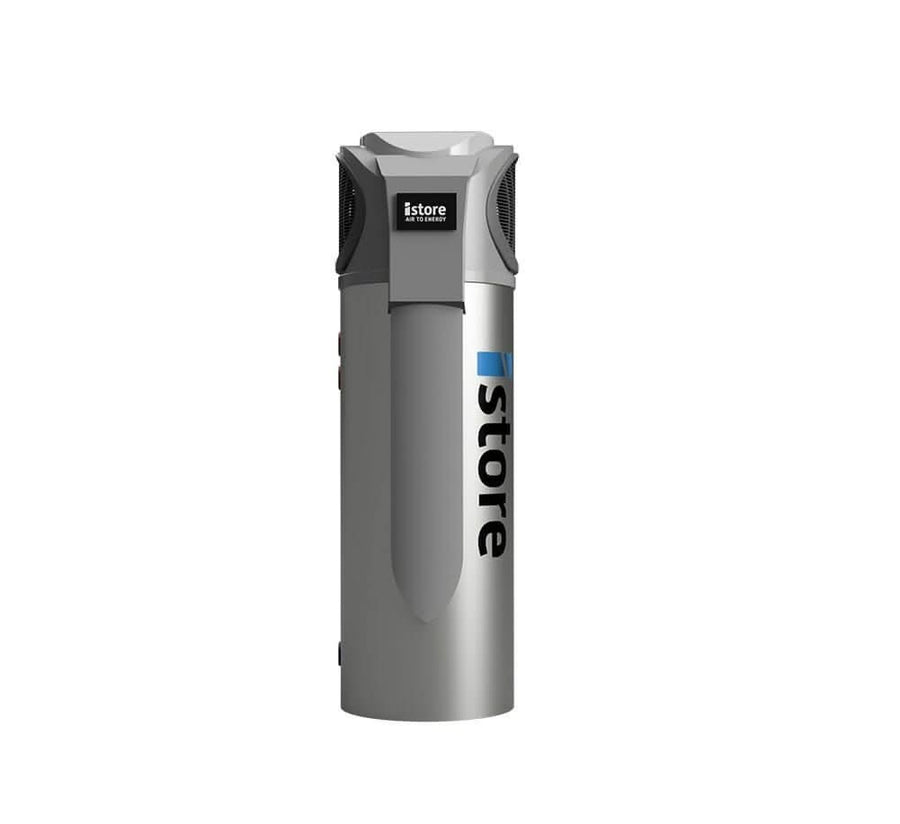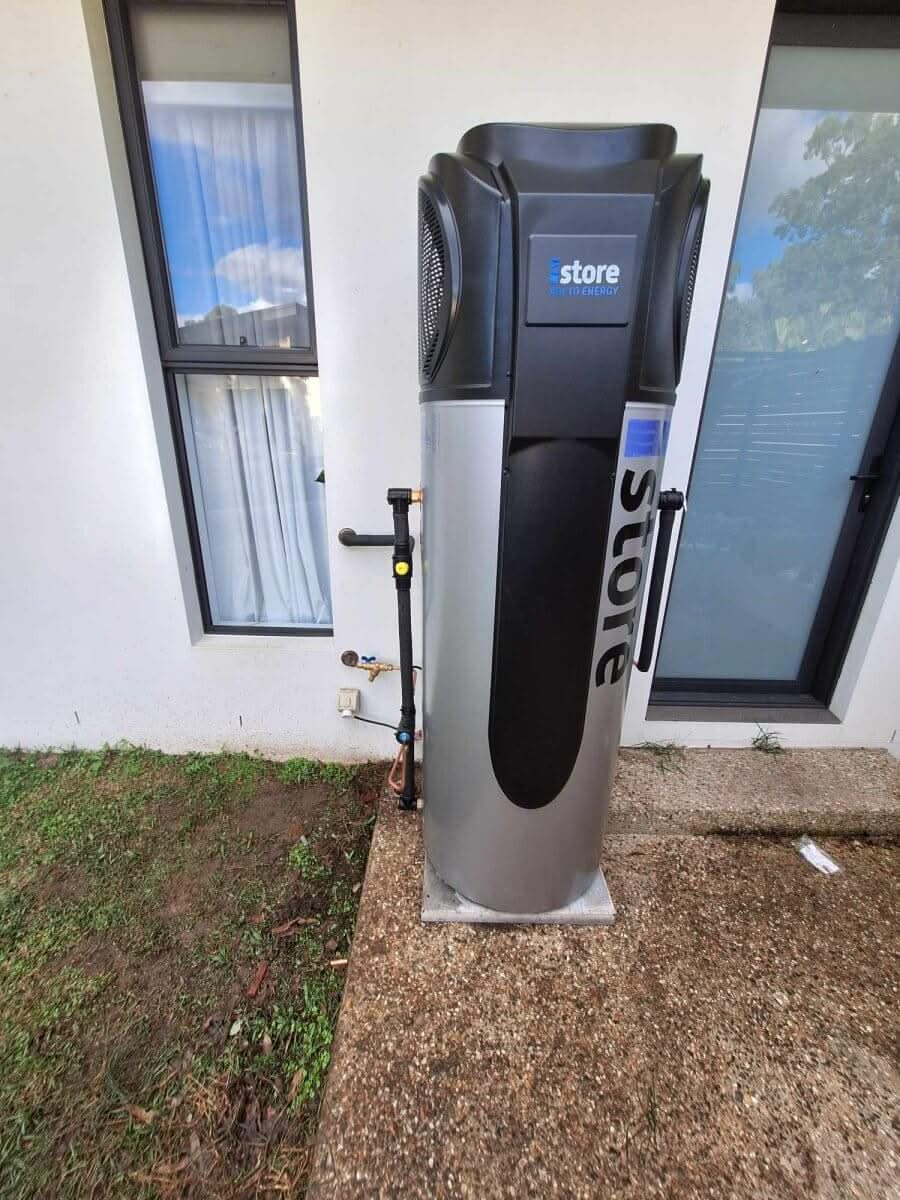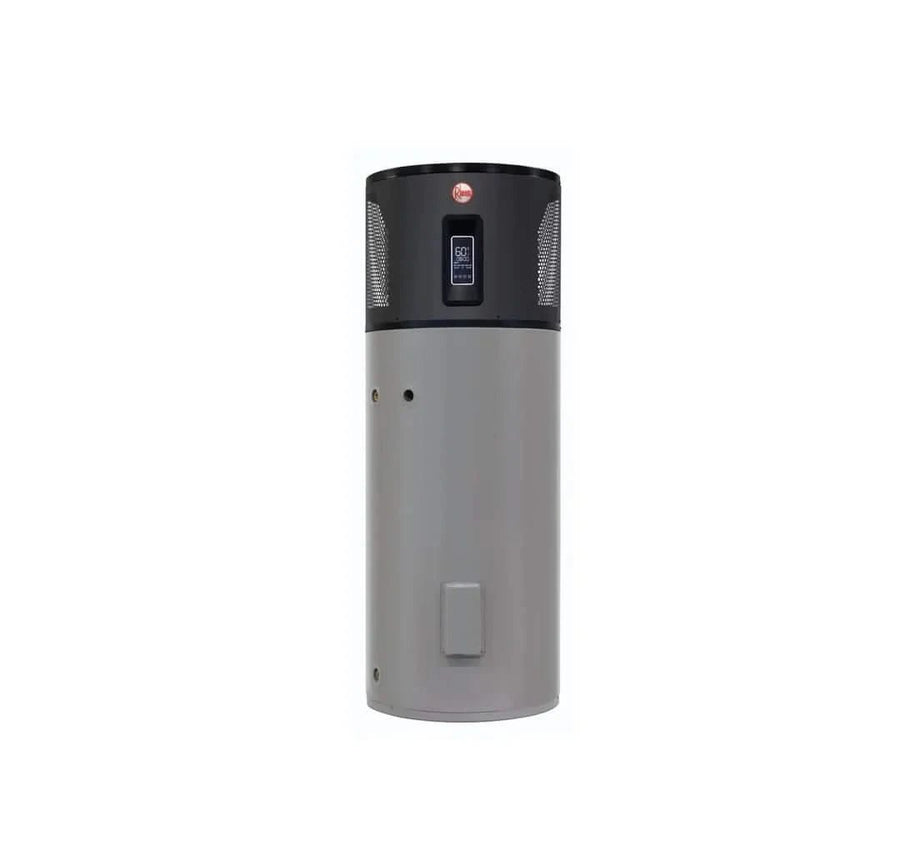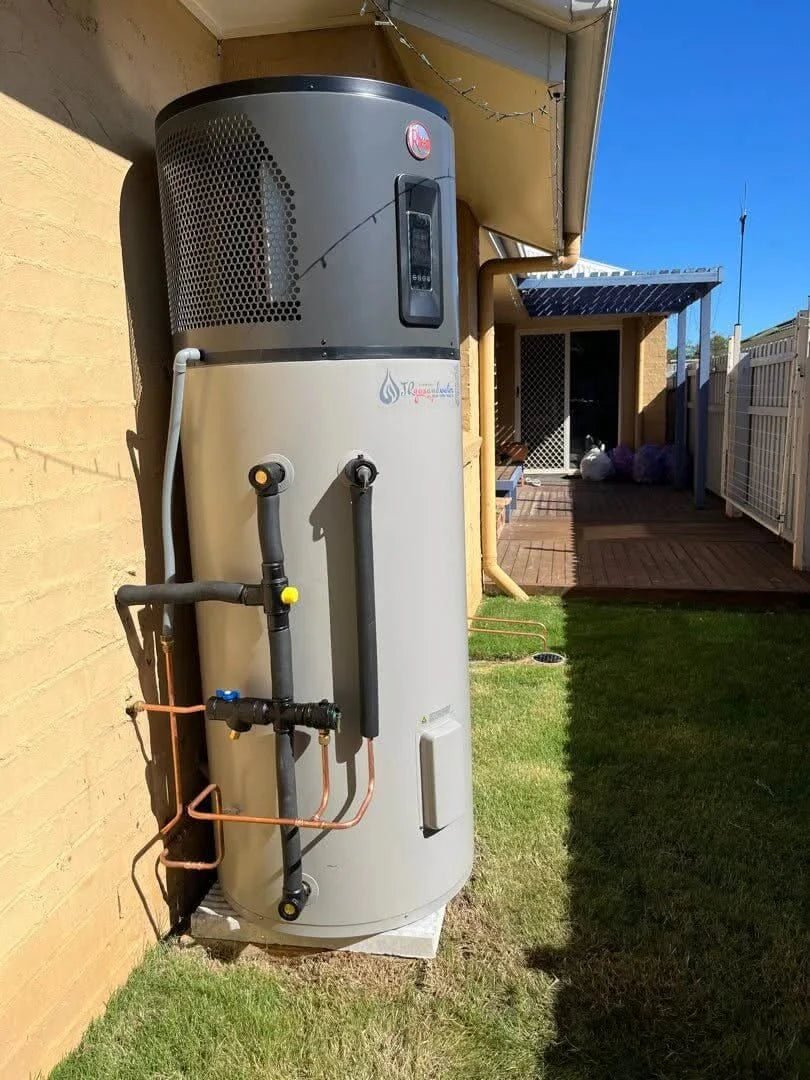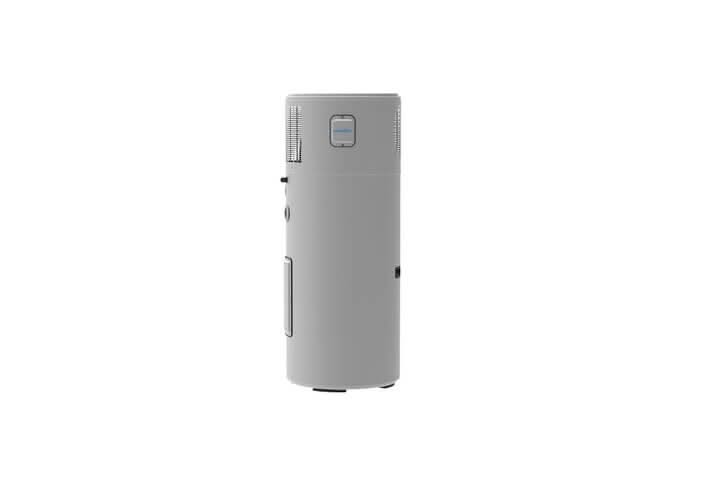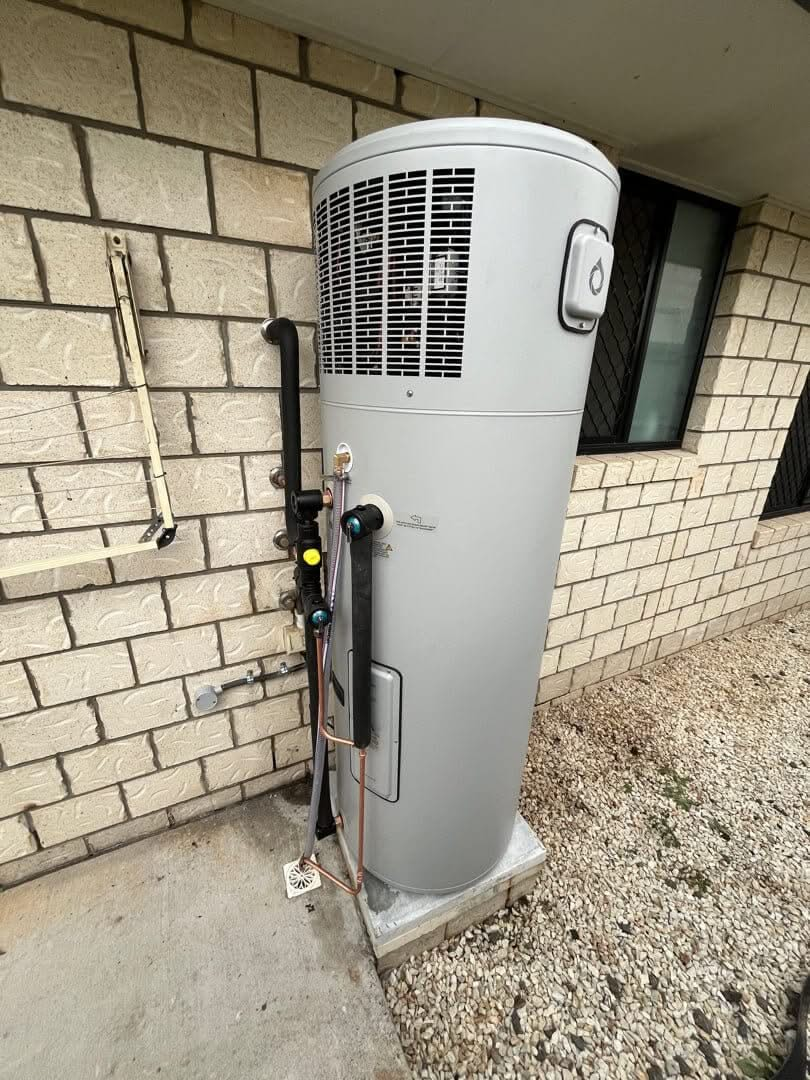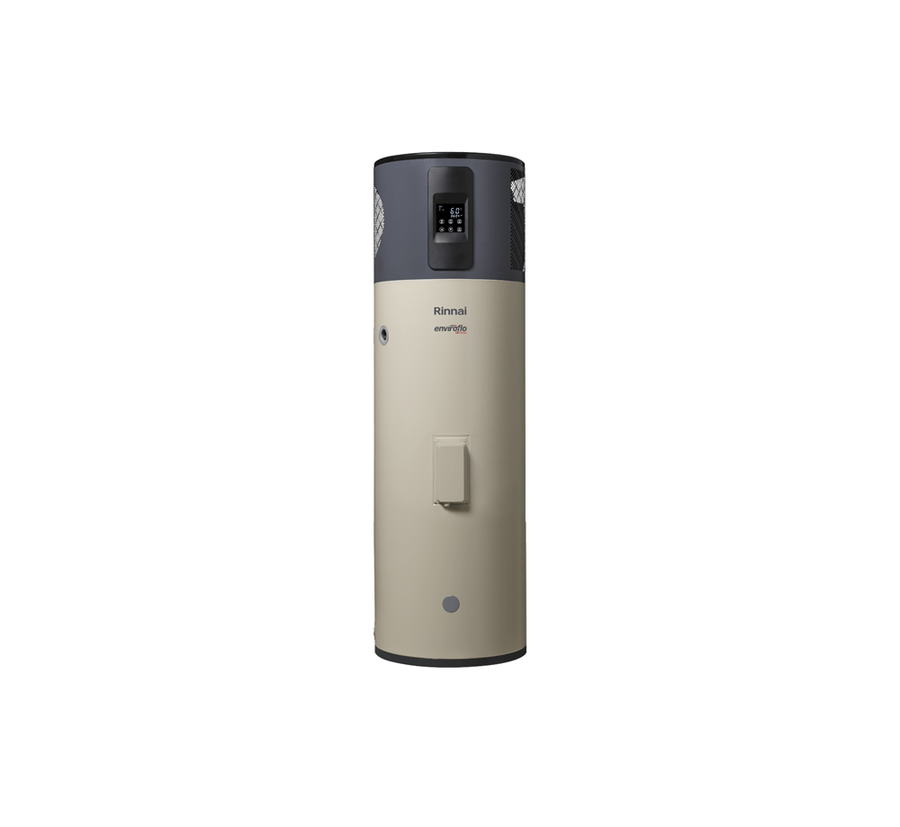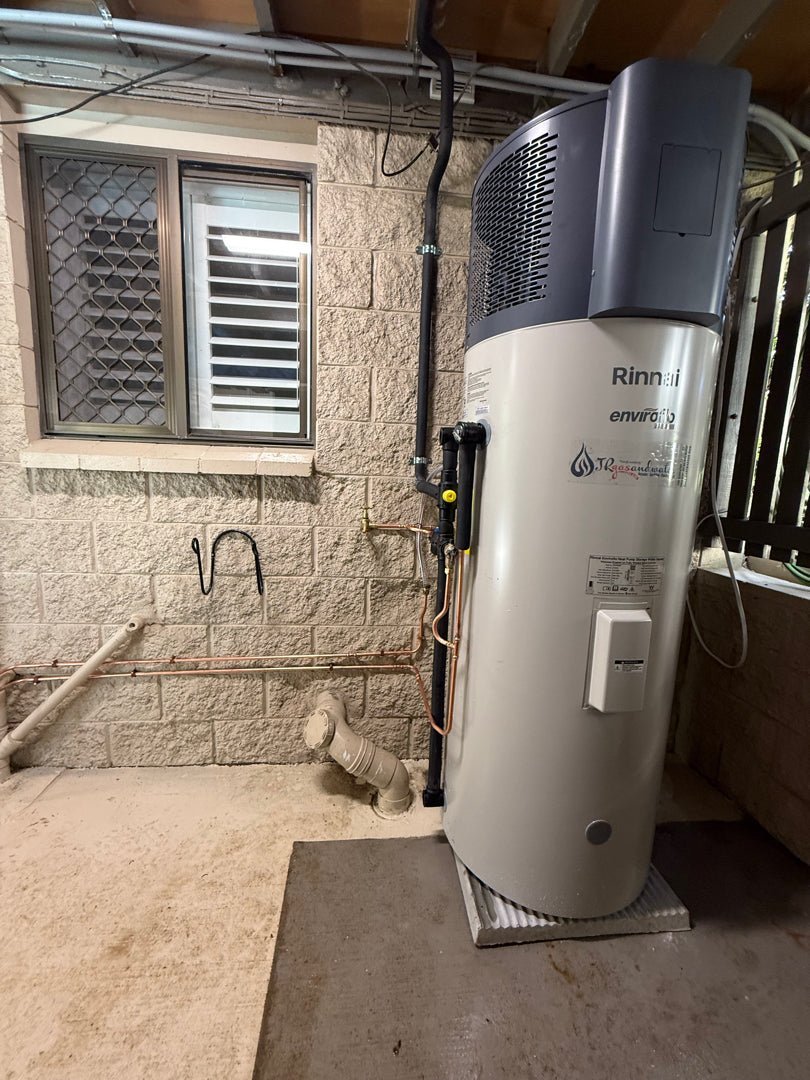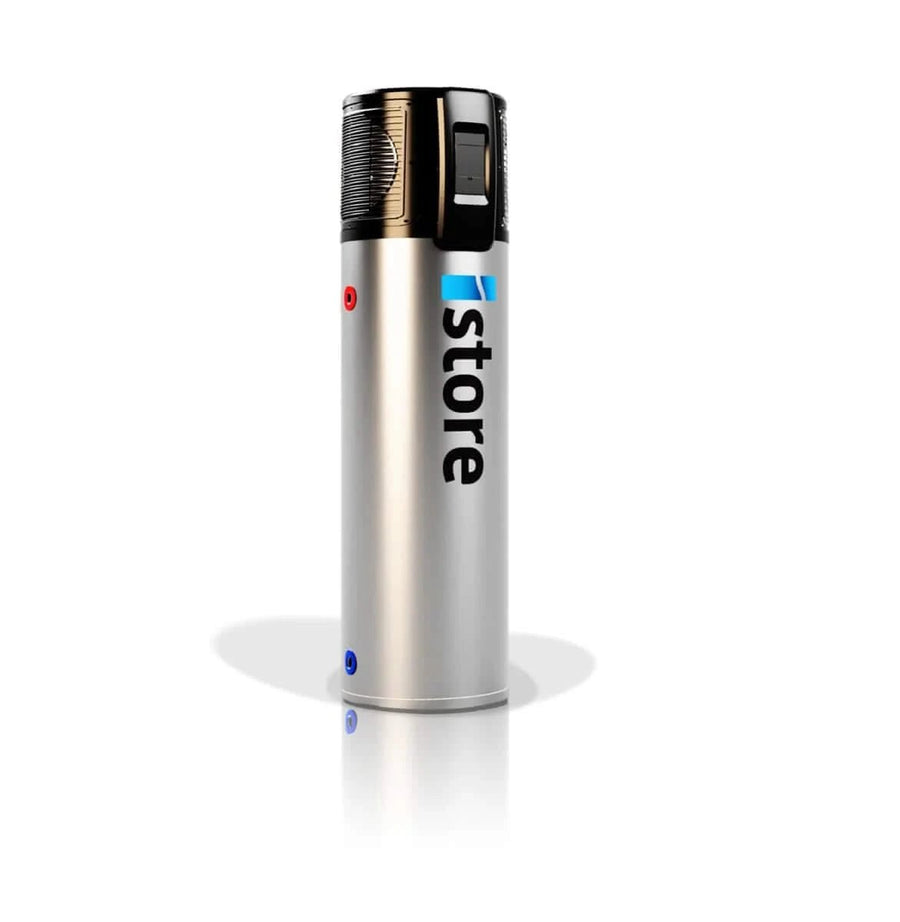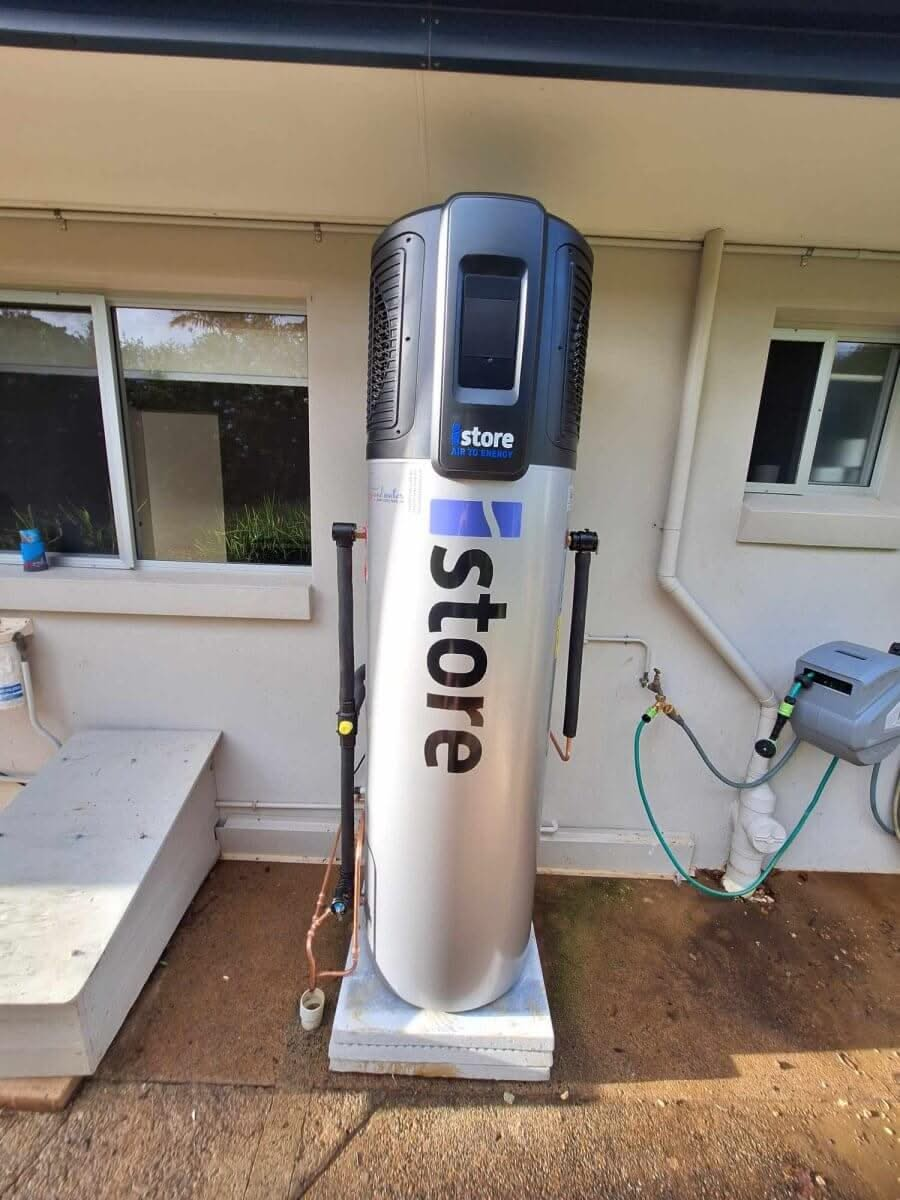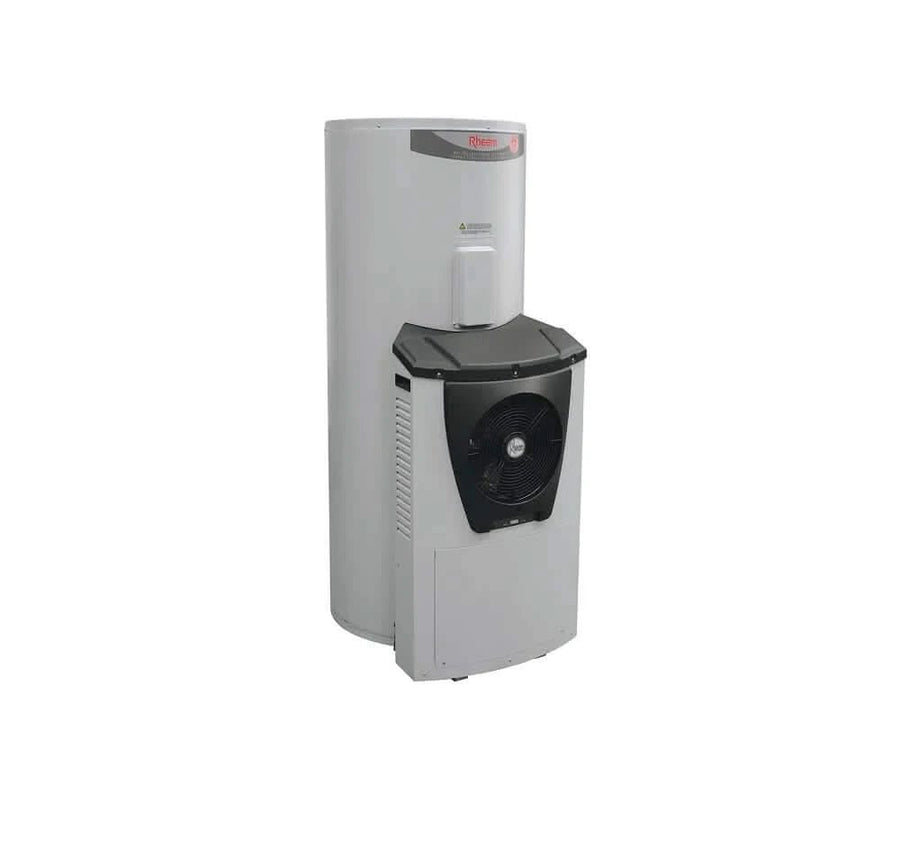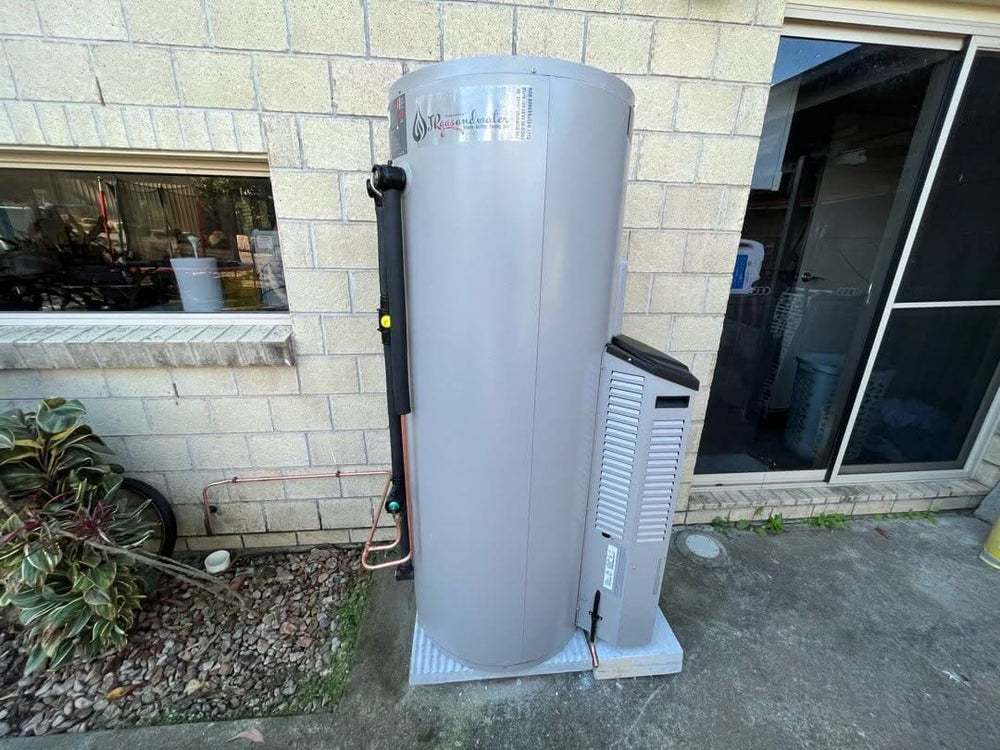2024 Hot Water System Reviews: Find the Best Option for Your Home
Choosing the right hot water system is essential for efficiency, reliability, and long-term savings. With so many options available, this guide reviews the best hot water systems on the market, helping you make an informed decision based on performance, cost, and energy efficiency.
Hot Water System Reviews: A Closer Look at Top Brands
When selecting a hot water system brand, it’s crucial to consider quality, longevity, and efficiency. Below are some of the most reputable brands known for their high-performance systems:
Rheem
Rheem is one of the most trusted names in hot water systems, offering a wide range of solutions, including electric hot water systems, gas, and heat pump systems. Their Continuous Flow gas water heaters are among the most energy-efficient, with models like the Rheem Metro** 26L** boasting a 6-star energy rating. With a strong reputation for reliability, Rheem also offers generous warranties, ensuring peace of mind for homeowners.
Rinnai
Rinnai specializes in gas and continuous flow hot water systems, with advanced features such as PureTemp™ technology for stable water temperature control. Their Infinity Series is particularly popular for households needing endless hot water, with models ranging from 16L to 32L per minute. Rinnai also offers solar-boosted and energy-efficient gas hot water systems, making them a great option for sustainable homes.
AquaMAX
AquaMAX focuses on gas and electric storage systems, with an emphasis on durability and performance. Their Vitreous Enamel (VE) storage tanks provide excellent heat retention, while their stainless steel models offer extended lifespan and corrosion resistance. AquaMAX gas storage systems are 4- and 5-star rated, providing cost-effective and reliable hot water for Australian homes.
Vulcan
For those looking for affordable and dependable hot water systems, Vulcan offers both gas and electric storage options. Manufactured with high-quality materials, Vulcan systems are a budget-friendly alternative without compromising on efficiency. Their gas storage models are particularly popular for families needing quick hot water recovery.
Additionally, Vulcan provides new hot water system options that help consumers make informed decisions about their home hot water solutions, including advice on repairs, installations, and available rebates for energy-efficient systems.
Dux
Dux is a well-established and reputable brand in the hot water system market, offering a wide range of products to cater to different household sizes and energy sources. Their hot water systems are known for their energy efficiency, durability, and innovative features. Dux’s product range includes storage tank systems, continuous flow systems, heat pump systems, and solar hot water systems.
Dux’s hot water systems are designed to provide households with a reliable and efficient supply of hot water. Their systems are equipped with advanced features such as temperature control, energy-saving modes, and smart sensors to optimize energy consumption. Dux’s commitment to innovation and customer satisfaction has earned them a reputation as one of the top hot water system brands in Australia.
Types of Hot Water Systems & Their Benefits
Each type of hot water system has its own advantages depending on household size, energy source, and long-term cost considerations.
Heat pumps are also a versatile and energy-efficient option, utilizing heat from the surrounding air and making them suitable for cooler climates and eco-conscious consumers.
Electric Storage Hot Water Systems
-
Best for: Homes with off-peak electricity plans or lower hot water demands
-
How it works: Stores hot water in an insulated tank, heating it as needed
-
Pros: Reliable, lower upfront cost
-
Cons: Higher running costs compared to gas, electric hot water systems, or heat pump options
Gas Hot Water Systems
-
Best for: Medium to large households with a natural gas connection
-
How it works: Heats water instantly using a gas burner or stores it in a gas-powered tank
-
Pros: Energy-efficient, lower operational costs, fast water heating
-
Cons: Requires a gas connection
A gas hot water system is ideal for medium to large households with a natural gas connection. It heats water instantly using a gas burner or stores it in a gas-powered tank. The system is energy-efficient, has lower operational costs, and provides fast water heating. However, it requires a gas connection.
Continuous Flow (Tankless) Hot Water Systems
-
Best for: Households that need endless hot water without bulky storage tanks, such as those offered by a continuous flow system
-
How it works: Heats water only when needed, eliminating standby heat loss, which is a key feature of continuous flow systems
-
Pros: Space-saving, energy-efficient, long lifespan
-
Cons: May struggle to provide hot water to multiple taps at once
Heat Pump Hot Water Systems
-
Best for: Eco-conscious households looking to cut electricity use
-
How it works: Uses ambient air to heat water, similar to reverse-cycle air conditioning, making heat pumps a versatile option
-
Pros: Extremely energy-efficient, reduces carbon footprint
-
Cons: Higher upfront cost, may be less effective in colder climates
Key Features to Look for in a Hot Water System
When choosing a hot water system, there are several key features to consider. These include:
Flow Rates
Flow rates refer to the amount of hot water that a system can provide at any given time. A higher flow rate means that more hot water can be provided, making it ideal for households with high hot water demands. When choosing a hot water system, it’s essential to consider the flow rate to ensure that it meets your household’s needs.
Heat Exchanger Quality
The heat exchanger is a critical component of a hot water system, responsible for transferring heat from the energy source to the water. A high-quality heat exchanger is essential for optimal system performance, efficiency, and longevity. When choosing a hot water system, look for a system with a high-quality heat exchanger to ensure that it provides a reliable and efficient supply of hot water.
Hot Water System Sizing Guide
Choosing the correct size hot water system ensures you never run out of hot water while avoiding unnecessary energy costs. It's also important to choose the right size for a new hot water system to ensure it meets your household's needs efficiently.
|
Household Size |
Electric Storage (L) |
Gas Storage (L) |
Continuous Flow (L/min) |
|---|---|---|---|
|
1-2 people |
25-80L |
90-130L |
16L |
|
3-4 people |
125-250L |
135-170L |
20-26L |
|
5+ people |
250-400L |
170-200L |
26L+ |
Installation & Maintenance Considerations
Professional Installation: Always hire a licensed plumber to ensure compliance with Australian standards.
Regular Maintenance: Flush storage tanks every 6-12 months and check for leaks. For a solar hot water system, regular maintenance is crucial to ensure optimal performance and longevity.
Energy Savings: Set thermostat to 60°C for storage systems and 50°C for continuous flow to maximize efficiency.
Final Verdict: Best Hot Water System for Your Home
|
Best Overall |
Best Budget |
Best for Energy Efficiency |
|---|---|---|
|
Rinnai Infinity 26 |
Vulcan 135L Gas Storage |
Rheem Heat Pump 270L |
When selecting a hot water system, consider your household size, budget, long-term energy costs, and the hot water system brand. Investing in an energy-efficient system can save thousands on power bills over time while reducing environmental impact.
For expert advice and professional installation, explore the best hot water systems from leading brands today!




